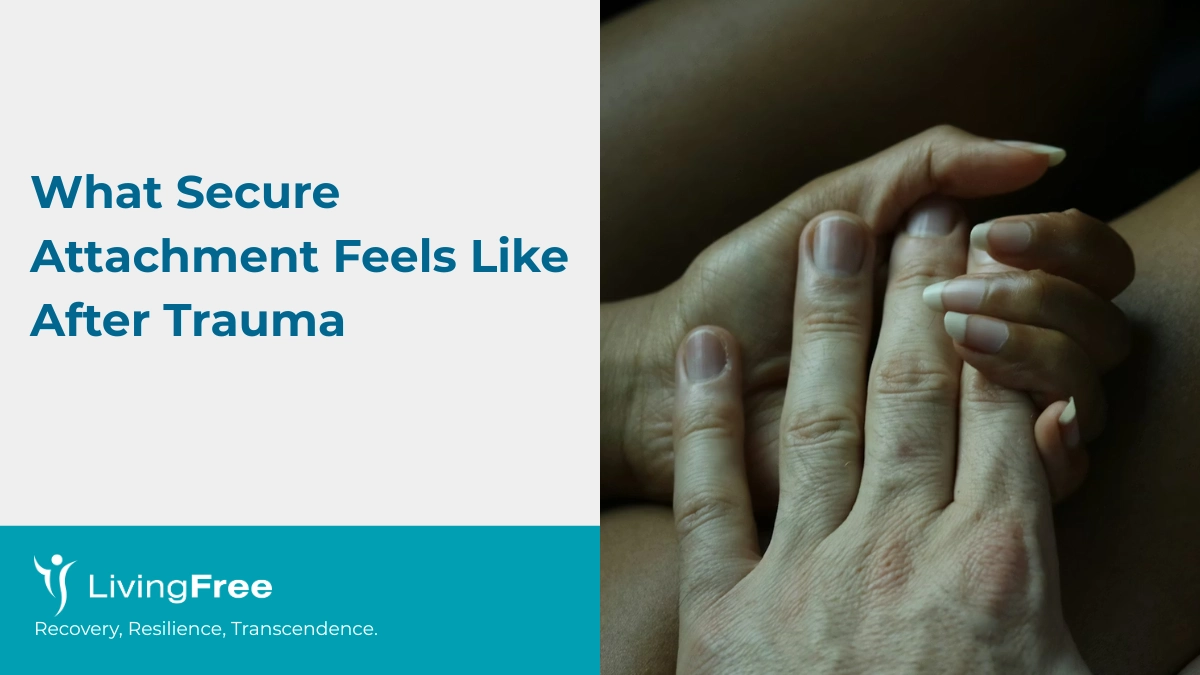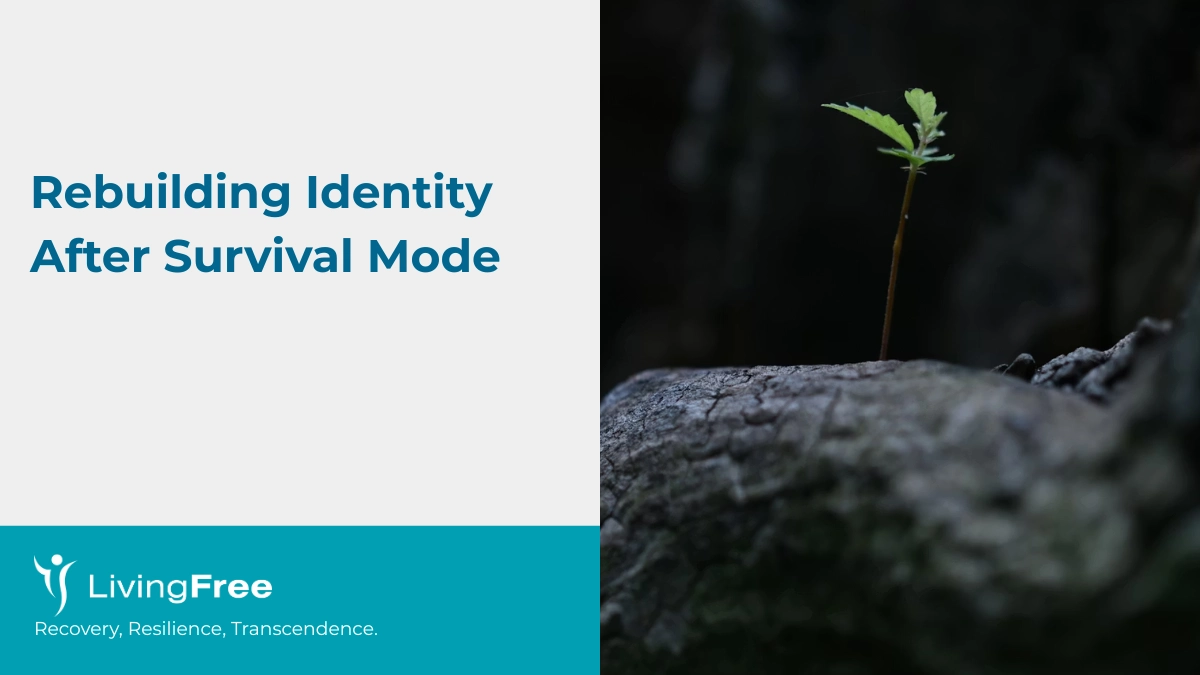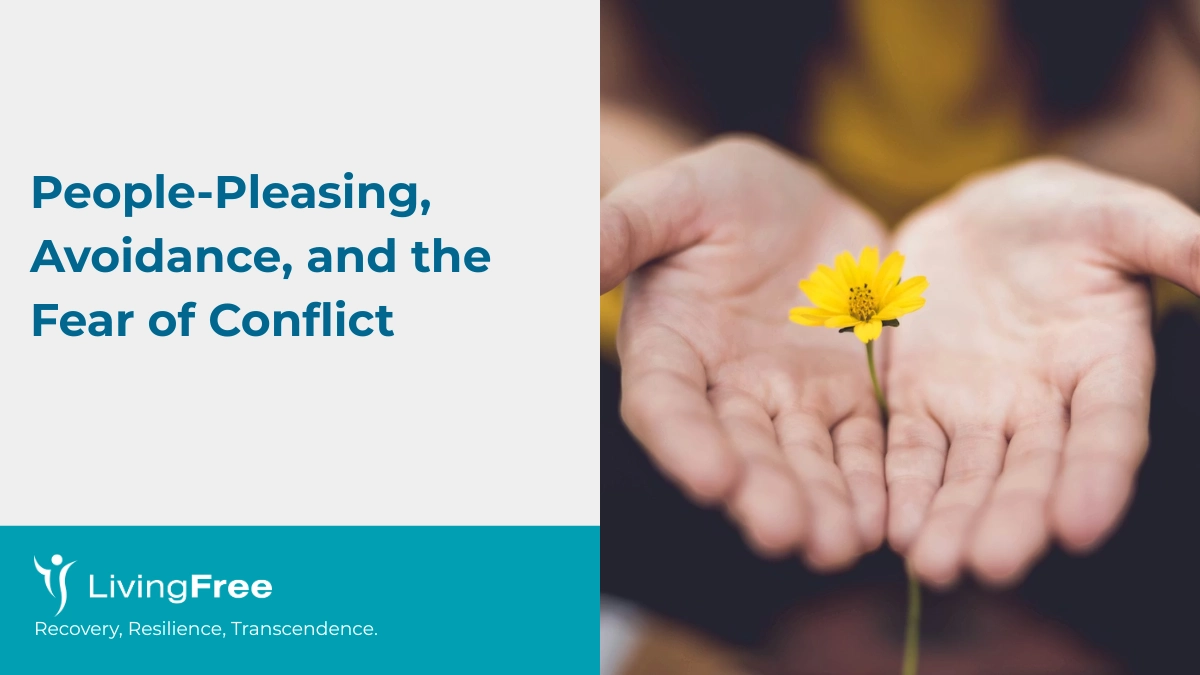What is Complex Trauma?
Complex Trauma develops from repeated or prolonged exposure to distressing events, often during childhood or within close relationships. Unlike single-incident trauma, complex trauma layers multiple experiences of neglect, abuse, abandonment, or instability — leaving lasting effects on both the nervous system and sense of self. It is sometimes called Developmental Trauma because it interferes with the formative stages of emotional, cognitive, and relational growth. Healing requires more than managing symptoms; it involves rebuilding safety, identity, and trust.

Common Symptoms of Complex Trauma
Complex Trauma affects many areas of life and may include:
- Chronic feelings of shame, guilt, or worthlessness.
- Emotional dysregulation (intense mood swings, anger, or numbness).
- Difficulty trusting others or forming relationships.
- Dissociation or feeling “disconnected” from self or reality.
- Somatic symptoms such as headaches, gut problems, or chronic pain.
- High risk of maladaptive coping: substance use, eating disorders, compulsive behaviors.
Complex trauma often overlaps with PTSD but extends beyond it, especially when trauma is repeated across years.
How Complex Trauma Affects Daily Life
Living with complex trauma can:
- Lead to cycles of unstable or unhealthy relationships.
- Disrupt concentration, work, and career development.
- Affect physical health through stress-related illnesses.
- Fuel addiction or compulsive coping patterns.
- Leave individuals feeling unsafe, powerless, or “stuck.”
Recovery means not only addressing past wounds but also building new ways of relating to self, body, and others.


Living Free’s Approach to Complex Trauma
At Living Free, our approach to complex trauma integrates psychotherapy, neuroscience, and somatic practices. We use a six-domain framework that helps clients:
- Rebuild safety and trust.
- Stabilize emotional and nervous system regulation.
- Process intrusive memories and dissociation.
- Transform negative core beliefs.
- Heal relationships and social connection.
Restore meaning, agency, and hope.
Therapies We Offer for Trauma
- Eye Movement Desensitization & Reprocessing (EMDR)
- Internal Family Systems (IFS) and Parts Work
- Cognitive Behavioural Therapy (CBT) & Cognitive Processing Therapy (CPT)
- Somatic Coaching and Breathwork
- Exposure Therapy (gentle, paced approaches)

Why Choose Living Free
Evidence-based methods built on DSM-5 criteria and neuroscience.
A holistic team including psychotherapists, yoga instructors, and coaches.
A compassionate, client-centered environment.
Contact us today to begin your recovery journey with Living Free.





